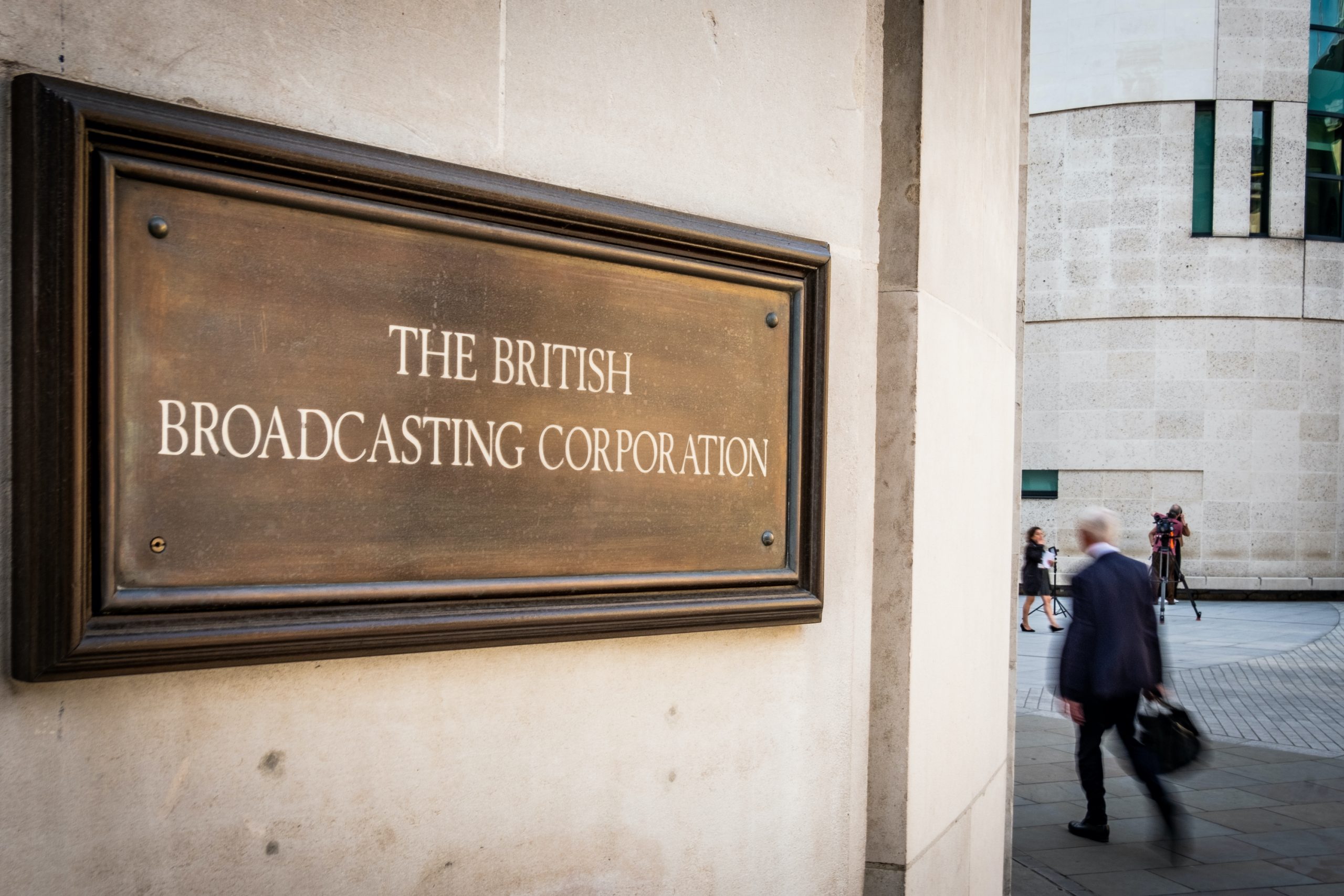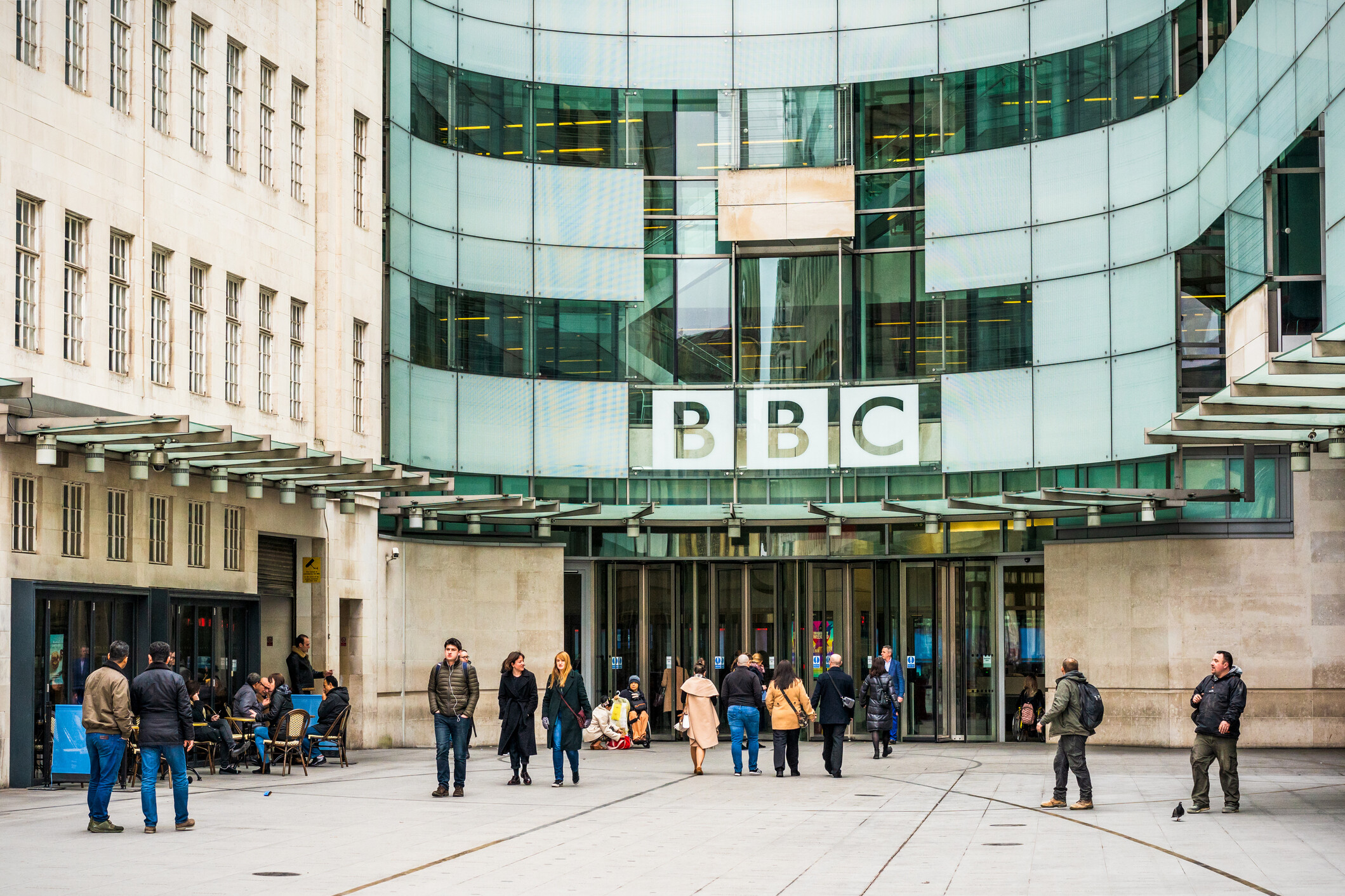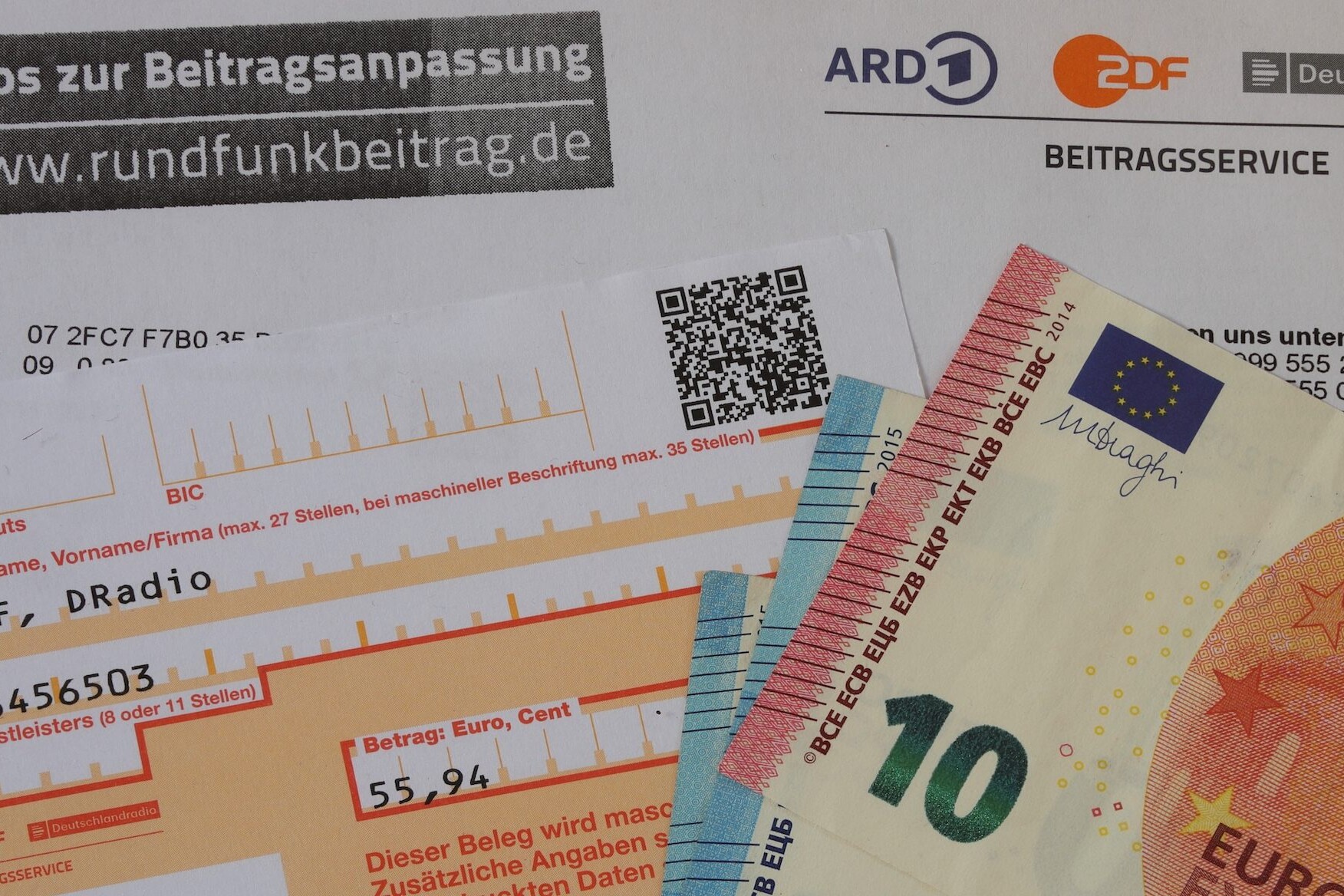The BBC is in the news again, this time, as the UK government imposes a two-year freeze on the licence fee and considers changing its funding model completely. Yet again, it raises the question of the continued value, or not, of the licence fee as a funding mechanism.
The conversation surrounding the TV licence fee in the United Kingdom has come to a head. On Sunday via Twitter, State Secretary for the Department for Digital, Culture, Media and Sport, Nadine Dorries, revealed that the BBC’s licence fee would be frozen for the next two years at its current cost of £159.
In a Daily Mail article shared by Ms. Dorries alongside her announcement, it was claimed that this Government intended to replace the licence fee “[with] a new funding model which reflects the growing domination of subscription services such as Netflix and Amazon Prime”. The article also reported that work would start as soon as next week on a midterm review to replace the BBC’s Charter with a new funding model.
This licence fee announcement will be the last. The days of the elderly being threatened with prison sentences and bailiffs knocking on doors, are over.
Time now to discuss and debate new ways of funding, supporting and selling great British content. https://t.co/sXtK25q27H
— Nadine Dorries (@NadineDorries) January 16, 2022
The announcement followed lengthy discussions between the government and the public broadcaster over the cost of the licence fee. On 31 December 2027, the BBC’s current Royal Charter – which sets out its funding and purpose – will end. The eventual decision over what funding model might succeed the licence fee is likely to be influenced by which political party is in power when the BBC’s Charter is up for renewal.
The UK’s Conservative government, and Ms. Dorries in particular, have repeatedly criticised the BBC for what they deem “left-wing” news coverage. They have been supported in this view by an often-times sympathetic right-wing press. The Guardian’s Media Editor, Jim Waterson, has noted the repeated efforts to undermine the BBC, including numerous attempts to decriminalise non-payment of the licence fee, massive funding cuts, and the shifting of blame to the BBC for the abolition of free licences to over-75s.
Read more: Over-75’s licence fee: Where the responsibility lies
In her appearance in the Commons on Monday, Ms. Dorries formally presented her update on the BBC. Under questioning – primarily about how the BBC would maintain its public service remit without the crucial funding provided by the licence fee – Ms. Dorries said that the public broadcaster’s funding beyond 2027 was “up for discussion”, with no set decision made. When questioned about the factors behind the decision and the possible replacements to the licence fee, Ms. Dorries’ responses indicated that there had been no assessment of the impacts of the freeze and possible abolition on the BBC nor on the potential impacts to UK society.
“What we are saying is, that moving forward, we need to decide and discuss and debate […] Let’s discuss what a BBC in 2027 will look like. It is not a policy; we’re announcing a debate under discussion,” Ms. Dorries said. Her emphasis that the funding model was open to discussion was a softer approach to the subject compared with her strong initial public statement made on Twitter that “this licence fee announcement will be the last”.
The funding freeze and possible abolition of the model raises an important conversation around the relevance of a licence fee which, despite arguments that may suggest otherwise, remains a popular method of funding public service media.
Why is a licence fee beneficial?
In our reporting on funding structures, the Public Media Alliance has always emphasised the relevance of stable, public, and independent sources of funding for PSM. The licence fee model is not infallible and more and more public broadcasters have begun to consider other models of funding PSM. Licence fee collection, for instance, is an expensive undertaking and in many countries faces high rates of evasion and public pushback. The licence fee structure has also been criticised by the Culture Secretary as outdated in light of newer funding models and shifting audience consumption habits. There is also a misunderstanding of how PSM should function, leading to accusations of bias and a lack of impartiality when what is presented by public media is at odds with the views of individual licence fee payers. Meanwhile, a licence fee which revolves around TV viewing does not clearly illustrate to the public that this money also funds the BBC’s other mediums: radio, online, and education services.
Read more: What does your TV Licence fee pay for?
Nevertheless, the licence fee remains one of the most viable options for public media, as demonstrated in its success and resilience over the decades. Most notably, it has persisted through the transition from public broadcasting to public service media, where internet-enabled devices and digital technology have provided audiences with greater access to public media.
Here are just a few ways that a licence fee can be beneficial:
Licence fees provide great value for money. In Europe – where 60% of PSM funding across EBU’s area of 56 countries comes from a licence fee – it only costs an average of €0.30 per day per household. In the UK, the TV licence fee costs £0.43 per household each day. In turn, audiences receive a vast and diverse array of high-quality and innovative content, delivered across numerous platforms.
Public media is not just about entertainment and value for money. It also has an important role to play in underpinning democracy through critical journalism, diversity, and pluralism – all of which are best supported by a source of independent public funding. For instance, independent public media have demonstrated their value and the public’s trust in them during the electoral process.
The licence fee provides a crucial link between public media and the public who fund them. It helps to ensure that public broadcasters are accountable. Stable and independent public funding ideally means that public media can maintain a healthy distance from the state and can hold power to account without fear of direct financial reprisals.
“By virtue of their remit, public service media are an important public source of unbiased information and diverse political opinions. ... They can contribute greatly to the promotion of social cohesion, cultural diversity and pluralist communication accessible to everyone.” – The Council of Europe
Public broadcasters often set the standard in providing critical information at the local level, especially where communities have suffered from emerging news deserts, and the representation of marginalised and underrepresented groups. The creation of the Local Democracy Reporting Service by the BBC has demonstrated how public media can help address an increasing democratic deficit when it comes to scrutinising the actions of local authorities and courts. Particularly during times of crises – such as the COVID-19 pandemic and natural disasters – public broadcasters have remained relevant sources of lifesaving information that consider the needs of all members of society, including children, people with disabilities, and those who speak minority languages.
The licence fee also enables public broadcasters to share benefits beyond themselves. The BBC, supported by its public funding, can “take risks” and support UK creative industries, its boss Tim Davie has said. And, as the EBU notes, in some countries the licence fee is not allocated fully to public broadcasters and instead can be used for related audiovisual activities such as cinemas; local and regional private TV broadcasters; and broadcast regulators.
BBC’s and PMA’s responses
In a statement issued last night by its Chairman Richard Sharp and Director-General Tim Davie, the BBC emphasised the negative impact a licence fee freeze would have on its operations and on its contribution to UK society and the world.
“Given the breadth of services we provide, the licence fee represents excellent value for money. There are very good reasons for investing in what the BBC can do for the British public and the UK around the world,” Sharp and Davie said in the statement. “The BBC’s income for UK services is already 30 percent lower in real terms than it was 10 years ago. We will set out the implications of the settlement later, before the end of the financial year, but it will necessitate tougher choices which will impact licence fee payers. …[It] is disappointing – not just for licence fee payers, but also for the cultural industries that rely on the BBC for the important work they do across the UK.”
Statement on the Licence Fee settlement from Richard Sharp, BBC Chairman, and Tim Davie, BBC Director-General. https://t.co/lbi3zCVfEV pic.twitter.com/4K41QALoyy
— BBC Press Office (@bbcpress) January 17, 2022
The Public Media Alliance has serious concerns over the decision to freeze the licence fee. In real terms, this is a cut to the BBC’s budget, and comes at a critical time when the BBC looks to evolve to remain competitive and relevant in an increasingly digital and on-demand media landscape. A cut to its budget will mean cuts to the services which many rely on, and it will hamper its ability to carry out its mission to inform, educate and entertain.
Looking ahead, the Public Media Alliance welcomes the opportunity for the UK public to have a meaningful discussion about how the BBC should be funded in the future. Many public media organisations around the world are having similar discussions. But any alternative funding model must still maintain the core tenets of the licence fee: independence, accountability, editorial autonomy, competitiveness, accuracy, and adaptability. Critically, any future model for the BBC must also guarantee it the necessary resources to maintain its role as a trusted and independent news provider and world-leading content producer across multiple platforms which service the myriad audiences and demographics of the UK. Over the past 100 years, the licence fee has been the best model available which guarantees these objectives. It is imperative that whatever comes next also guarantees those same principles.
Header Image: London, UK – People outside the main entrance to the BBC’s Broadcasting House building in central London. Credit: georgeclerk/iStock
Related Posts
8th November 2021
Beyond the licence fee: more PSM considering new funding models
The licence fee has remained a popular…
9th July 2020
Over-75’s licence fee: Where the responsibility lies
A great deal of ‘anti-BBC’ flak is…


